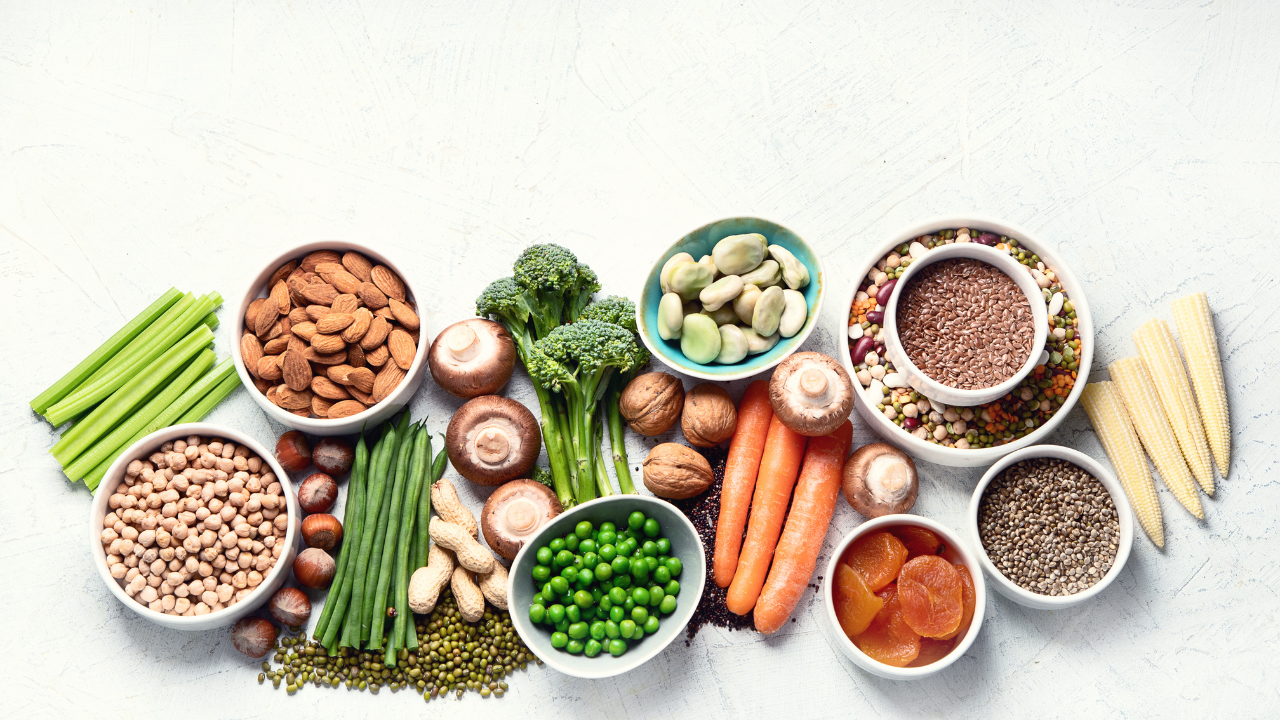
The Top Plant-Based Protein Sources: Fueling Your Body the Natural Way"
Plant-based protein sources are an excellent way to fuel your body the natural way. With the rise in popularity of plant-based diets, it is important to know which foods can provide you with the protein you need to maintain a healthy lifestyle. Whether you follow a vegetarian or vegan diet or simply want to incorporate more plant-based protein into your meals, there are plenty of options to choose from.
One of the most popular plant-based protein sources is legumes. Beans, lentils, and chickpeas are all excellent sources of protein. They are also high in fiber, which can help aid digestion and keep you feeling full for longer. You can enjoy these legumes in a variety of ways, including adding them to salads, soups, or even making tasty spreads like hummus.
Another great plant-based protein source is tofu. Made from soybeans, tofu is a versatile ingredient that can be used in a wide range of dishes. It can be marinated and grilled, added to stir-fries or used as a substitute for eggs in baking recipes. Tofu is not only a great source of protein but also contains other important nutrients like calcium and iron.
Nuts and seeds are also excellent plant-based protein sources. Almonds, walnuts, chia seeds, and flaxseeds are all rich in protein and healthy fats. They can be enjoyed as a snack on their own or added to smoothies, oatmeal, or salads for an extra protein boost. These nuts and seeds also provide essential vitamins and minerals, making them a nutritious addition to any diet.
Quinoa is a complete protein source that is also gluten-free and easy to digest. It is a grain-like seed that is high in protein and contains all nine essential amino acids. Quinoa can be enjoyed as a side dish, added to salads, or used as a base for a protein-packed bowl. It is also rich in fiber, iron, and magnesium, making it a nutritional powerhouse.
Leafy greens like spinach, kale, and broccoli are not only packed with vitamins and minerals but also contain a decent amount of protein. These greens can be added to salads, smoothies, or sautéed with other vegetables for a nutritious and protein-rich meal. Consuming a variety of leafy greens can help ensure you are getting a diverse range of nutrients.
Lastly, it is worth mentioning that plant-based protein powders can be a convenient way to increase your protein intake. These powders are usually made from ingredients like pea, hemp, or rice protein and can be mixed into smoothies, baked goods, or even used to make protein shakes. They are a convenient option for those who need to supplement their protein intake or have specific dietary restrictions.
In conclusion, there are plenty of plant-based protein sources to choose from. Incorporating these foods into your diet can help you meet your protein needs while enjoying a variety of nutrients. Legumes, tofu, nuts and seeds, quinoa, leafy greens, and plant-based protein powders are all excellent options to consider. So why wait? Start fueling your body the natural way with these plant-based protein sources and enjoy the benefits of a healthy and sustainable diet.
https://humanefoundation1.blogspot.com/2024/01/examining-harsh-realities-of-factory.html
https://sites.google.com/view/humanefoundation1/home
https://telegra.ph/Measuring-Up-The-Costs-of-Unnecessary-Meat-Consumption-01-26
https://hfoundation.livejournal.com/452.html
https://humanefoundation.mystrikingly.com
https://penzu.com/p/f68acec063affa30